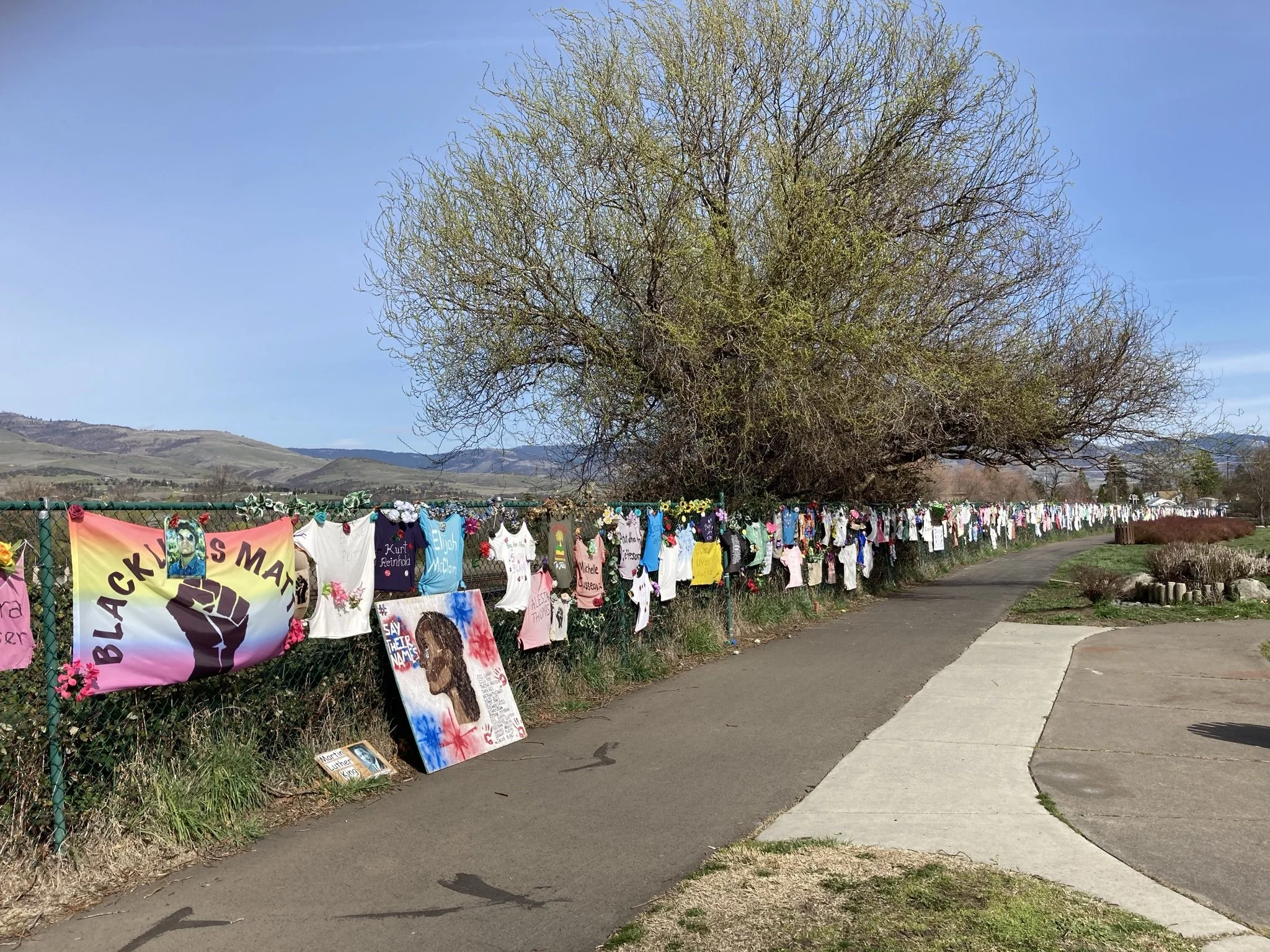Social Equity and Racial Justice
What We Need: The City of Ashland to continue to be an active partner, do what it can with its employees and platform, and take the steps that only a municipality can take to support this larger work in the community.
Social Equity and Racial Justice Resolution
In the wake of the murder of George Floyd in 2020, I worked with former Councilor, Dennis Slattery, to draft the Social Equity and Racial Justice Resolution. We met with community leaders to identify how the City of Ashland could support our local Black, Indigenous, People of Color (BIPOC) community, and what needed to be on the long-term agenda to make Ashland the authentically welcoming community I believe we want to be.
Unlike typical resolutions, this one had action items and Council members stepped forward to move them forward with staff. We made good progress on many of those items, including naming Juneteenth a day of municipal celebration, strengthening the City’s role in celebrations of Dr. Martin Luther King, Jr.’s birthday, updating our hiring and promotion policies to remove implicit bias, and supporting public art that speaks to our community’s commitments. We have also worked with others in Jackson County to improve crisis response for people suffering from mental health issues. The City has also stepped forward to actively sponsor Pride events to support our LGBTQIA+ community.
Public Art
The City’s Public Arts Advisory Committee and the Historic Preservation Advisory Committee have focused significantly on social equity over the past few years, as evidenced by development and/or approval of the AHS BIPOC Mural, the Golden Connections installation, and the AHS Otterlifter Canoe project as well as the Marking Ashland Places medallion installations in the railroad district, all of which celebrate diversity and speak to the difficult realities of our history. Fundraising is underway to build the Ancestor’s Future - Crystallizing Our Call installation.
Social Equity and Racial Justice Commission
Early in 2021, the Council created the Social Equity and Racial Justice Commission to help the City move this work forward. In the lead up to the second year of our two-year budget, we were able to make an initial financial investment in the effort to address the long-term, systemic root causes of inequality and racial injustice and celebrate progress.
Addressing Bias
While Ashland holds the value of being a socially equitable, racially just community, we have not yet reached our goals. In a socially equitable society, all people can move freely about a culture free of bias or favoritism. In a racially just society, everyone feels a similar degree of safety and individuals would not be considered more dangerous or likely to break the law than others based on their skin color. Social equity and racial justice are closely linked and must be addressed in tandem.
Bias is not limited to race and gender. Bias can be found related to sexual orientation, age, disability, mental illness, housing status, etc. We need to do the work of unwrapping this bias and addressing it head-on as individuals and as a community if we are to create an equitable society where everyone feels safe and expects equal treatment.
The City of Ashland has done good work to address social equity and racial justice. The Ashland Police Department regularly trains its officers on implicit bias and procedural justice and was one of the first police departments in Oregon to step forward to start collecting data for the Statistical Transparency of Policing Act passed by the Oregon State Legislature.
In the aftermath of the George Floyd murder, former Mayor John Stromberg signed the City of Ashland on to President Obama’s Eight Can’t Wait campaign. As part of that pledge, the Ashland Police Department completed a community survey designed to engage the public and inform ongoing efforts which informed a review and revision of our policies.
Next Up: More recently, the City of Ashland completed a Diversity, Equity, and Inclusion assessment to understand the culture at the City and to identify strategies to strengthen it to ensure that all city employees, and the public, feel valued and safe in their interactions with the city.
Our next steps are to implement those strategies internally while continuing to support our Social Equity and Racial Justice Advisory Committee and community partners to move the work forward in the larger community.

